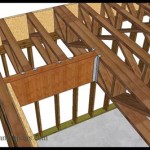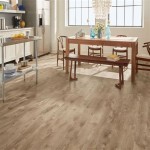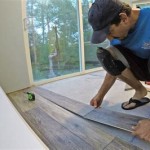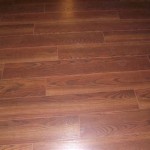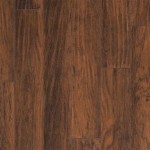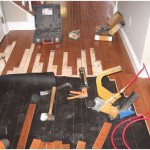Armstrong Vinyl Flooring: Asbestos Concerns and Essential Considerations
Armstrong vinyl flooring, once a popular choice for homes and commercial properties, has recently come under scrutiny due to potential asbestos content. Asbestos, a hazardous mineral fiber, was commonly used as a reinforcement material in vinyl flooring products manufactured before the late 1970s. This article aims to provide an overview of the potential risks associated with Armstrong vinyl flooring containing asbestos and what steps homeowners and property owners should take to ensure the safety of their occupants.
Identifying Asbestos in Armstrong Vinyl Flooring
Not all Armstrong vinyl flooring contains asbestos. However, certain types manufactured between the mid-1950s and the late 1970s may have been produced with asbestos-containing materials. The presence of asbestos can only be confirmed through laboratory testing. Homeowners and property owners concerned about the potential presence of asbestos in their vinyl flooring should contact a certified asbestos inspector for professional assessment.
Health Risks Associated with Asbestos
Asbestos exposure can lead to serious health consequences, including asbestosis, lung cancer, and mesothelioma. Asbestosis is a chronic lung disease caused by the inhalation of asbestos fibers. Lung cancer is the most common type of cancer caused by asbestos exposure. Mesothelioma is a rare but aggressive cancer that affects the lining of the lungs, chest cavity, or abdomen.
Managing Asbestos-Containing Vinyl Flooring
If testing confirms the presence of asbestos in Armstrong vinyl flooring, it is crucial to take appropriate measures to manage the risk of exposure. The best course of action is to remove and replace the flooring by a licensed asbestos abatement contractor. However, if removal is not feasible, homeowners and property owners can implement other measures to mitigate the risk of asbestos exposure, such as:
- Encapsulation: Sealing the flooring with a specialized coating or sealant to trap asbestos fibers.
- Enclosure: Creating a physical barrier, such as a drop ceiling or wall, around the flooring to prevent the release of asbestos fibers.
Conclusion
Armstrong vinyl flooring containing asbestos poses potential health risks. Homeowners and property owners should be aware of the potential presence of asbestos in flooring manufactured before the late 1970s and take appropriate measures to protect occupants from exposure. If asbestos is confirmed, professional removal or mitigation strategies are essential to ensure safety. By following these guidelines, individuals can effectively manage the risks associated with Armstrong vinyl flooring.

Asbestos Vinyl S History Dangers Abatement

How To Identify Remove Asbestos In Linoleum Flooring Ferro

Asbestos Vinyl S History Dangers Abatement

Asbestos Floor Tiles What Does In Flooring Look Like

Asbestos Felt Dangerous In Roofing Flooring Paper Mills

Asbestos Vinyl S History Dangers Abatement

1979 Solarian By Armstrong Asbestos

Asbestos Tiles Brands Uses Exposure

Let S Play A Game Called Are These Asbestos Tiles That I Just Removed Addicted 2 Decorating

Armstrong World Industries Inc Asbestos Elg Law
Related Posts

